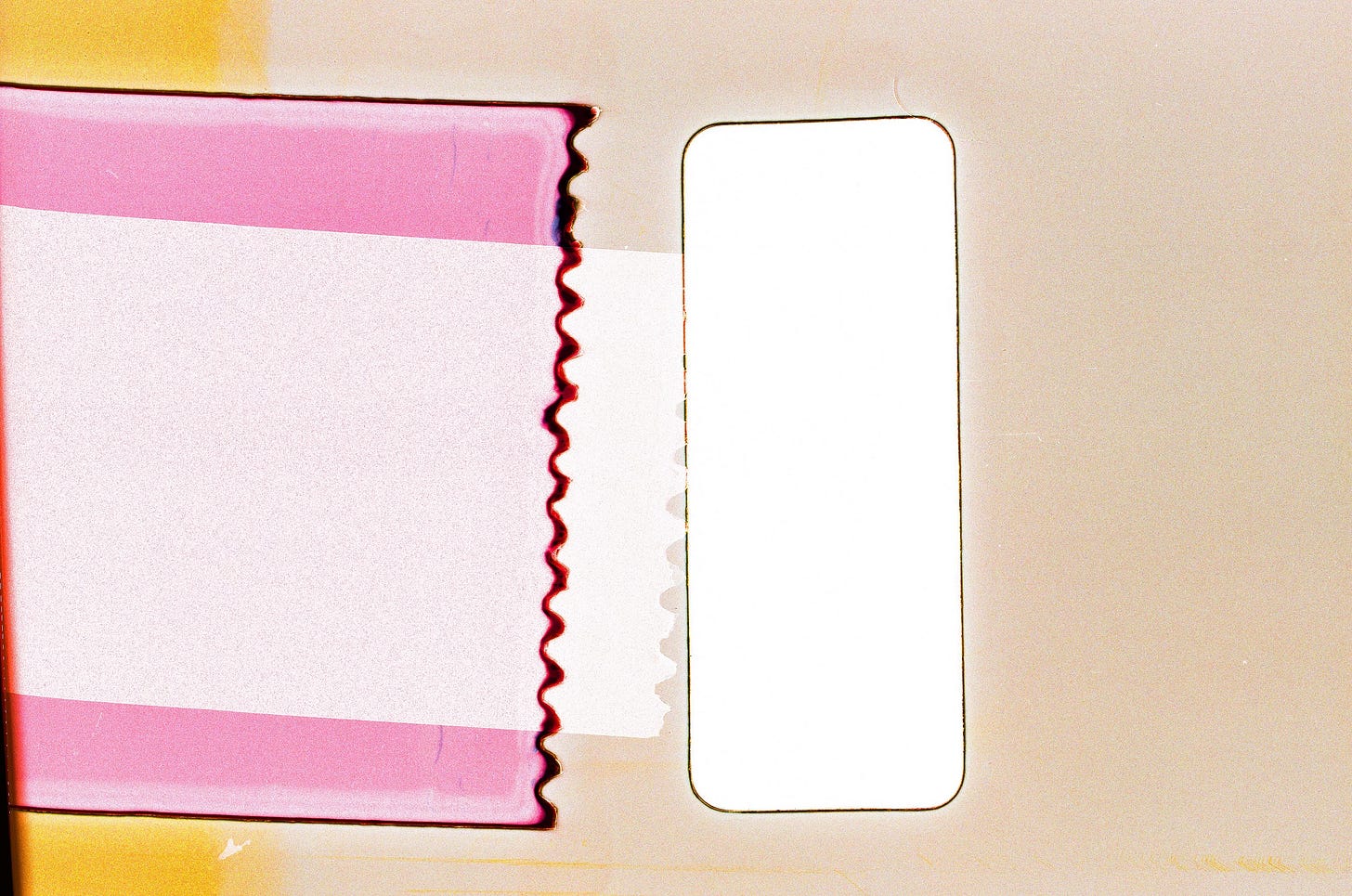Digital Wake
We are both the malnourished
and the withholder
of nourishment, bloated
and fainting, crowding
the open casket
before the pallbearers arrive—
stuffing our mouths,
spoiling our appetites
with soundbites
while the kitchen staff
remains unseen, preparing
Lamentation’s three-course meal
for those who will stayFor the 800th time, I am caught in the addictive loop of hating the content through which I scroll and hating the fact that I cannot seem to stop scrolling. In the wake of all sorts of public violence and tragedy, the internet seems to beg for our most radically anti-nuanced conversations. From all points on the political spectrum, I scarily catch glimpses of outrage from people I once knew, hardly know, or will never know. And I feel the undoubtedly formative quality of reading these posts and headlines back to back to back to back to back.
The certainty with which all the theories, judgments, and proclamations are made feeds a contagious kind of anxiety. Posts and pronouncements stay with me as I enter the sanctuary to worship or put my head on the pillow. It feels as though there is no safe ground for the grace of relational connection—only the inevitability of being condemned.
I want a love that never fails to be the reality in which I live. And I want it to be the reality which lives in me. The hyper-reactivity fostered by the algorithm leaves no room for the slow formation that Love requires—especially in the presence of suffering. (The irony of sharing these thoughts on what is—let’s face it—another social media platform is not lost on me.)
I once heard N.T. Wright say that “out of lament grows love.”1 When undoubtedly lamentable things capture the attention of the world, the coping mechanism of making a statement + obsessive newsfeed refreshing serves only to squash and/or bypass the necessary response: lament.
The act of condemning without the process of grieving is undoubtedly one of the bravest looking forms of cowardice available to us when faced with a world marred by death and suffering. To condemn while actively avoiding the indispensably human process of grieving the presence of darkness is to play god while taking on the character of the enemy. We must grieve because that is where God begins—with an astonishing amount of patience for the grieving process.2 We must take the path of love because we will be killed by the swords we use to justify the hatred of our enemies—and unlike the meek whose hard-earned softened hearts will, even after death, know the joy of beating in community once again, we will remain as alone as our utopian ideals ultimately promise.3
See Matthew 23v37
I’m thinking of C.S. Lewis’s The Great Divorce here.

